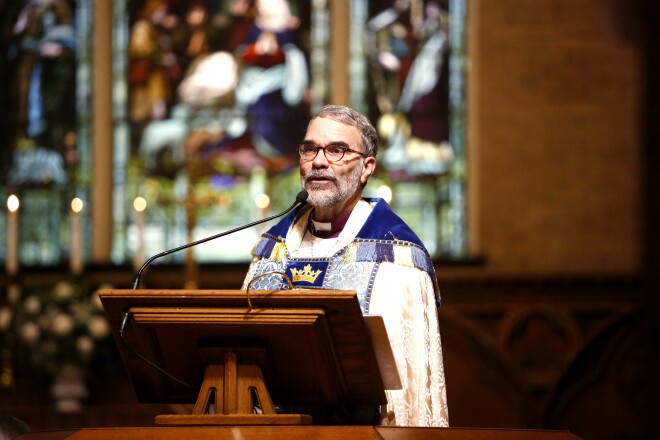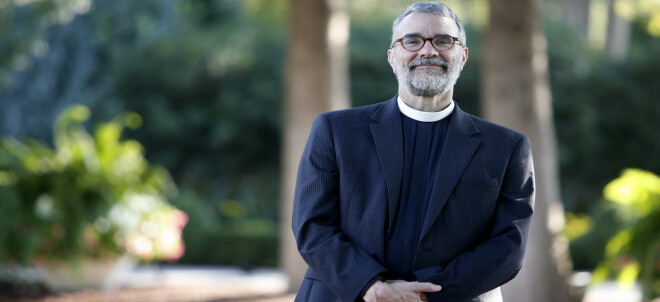Bishop Garrett In Retrospect

I have just finished reading our founding bishop's journals. It is a slow read, mostly lists of confirmations and baptisms by an indefatigable man. But it is also interspersed with tales of cyclones, forced rides of a day and a half with food and a day without water (in August!), camping with cowboys in driving rain, his own typhoid and malaria, and a public hanging or two. Remind me not to complain about ordinary inconveniences! He seeks to reopen the Sunday school at the Chapel of the Incarnation, and he worries that $600 for land for a church in Waxahachie is just too steep!
But one also sees an evangelist attentive to opportunities, to new extensions of the railroad and what they portend, in the midst of great economic flux. He understands the cultural openings to hearing the gospel - a library here, a store or dispensary there. He has a clear sense of Episcopal identity, of the sacramentally evangelical Christian faith he has on offer. He organizes missionary societies for men, women and North Texas. He creates a Bishop Garrett Association to raise funds in the east. As he travels, he keeps an eye out for clergy and for potential ordinands. He asks the help of the Baptists and Methodists in his peregrinations.
His world is so much harder in one way, more straightforward in another. But his spirit perdures among us to a remarkable extent, and whatever we muster as mission strategy amounts to its evocation.
Peace
+GRS




